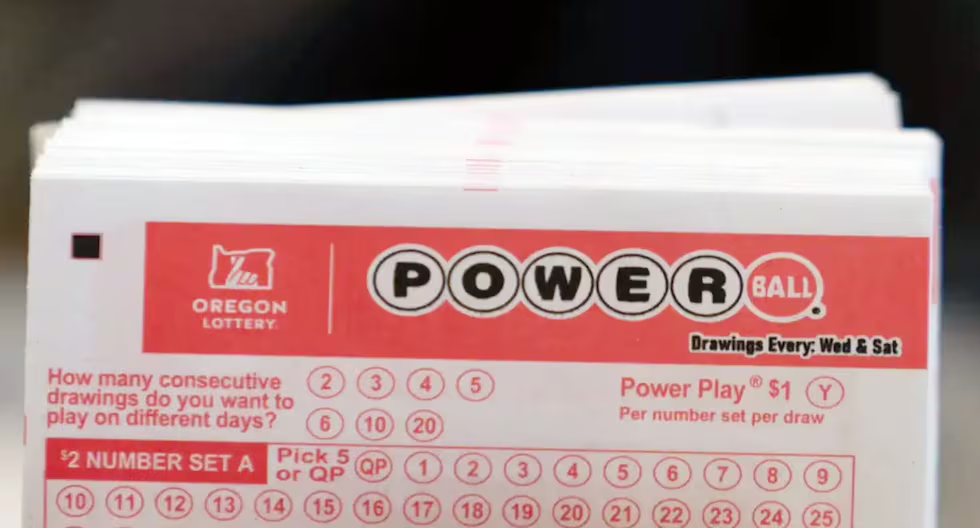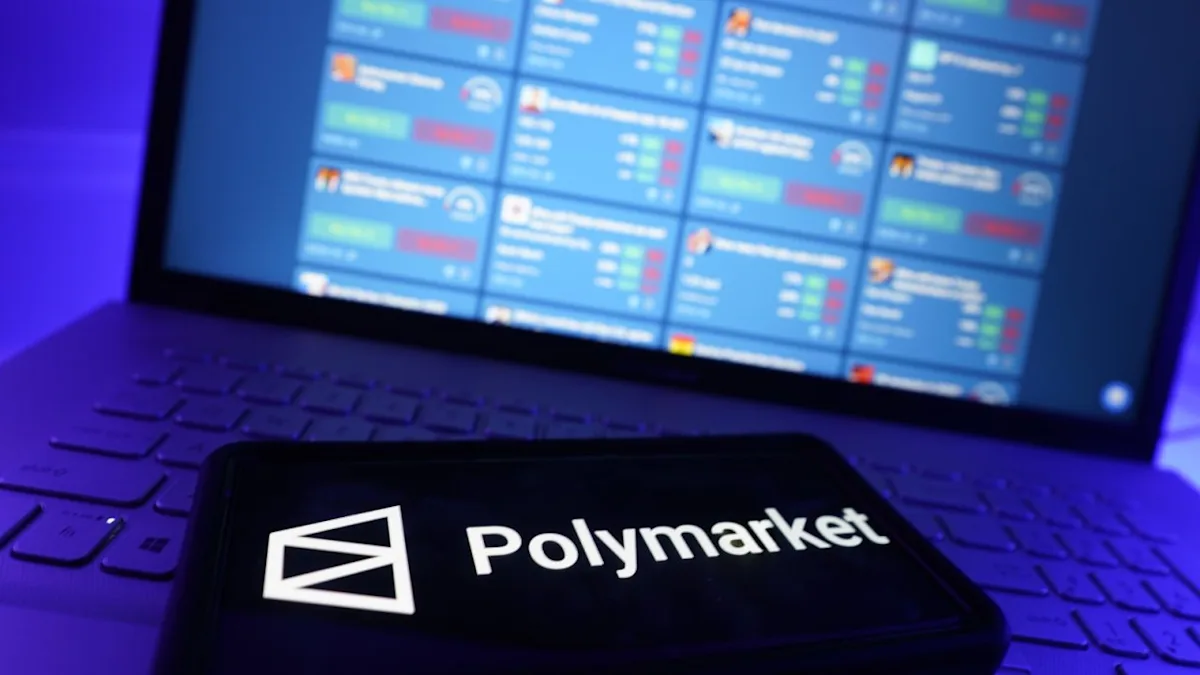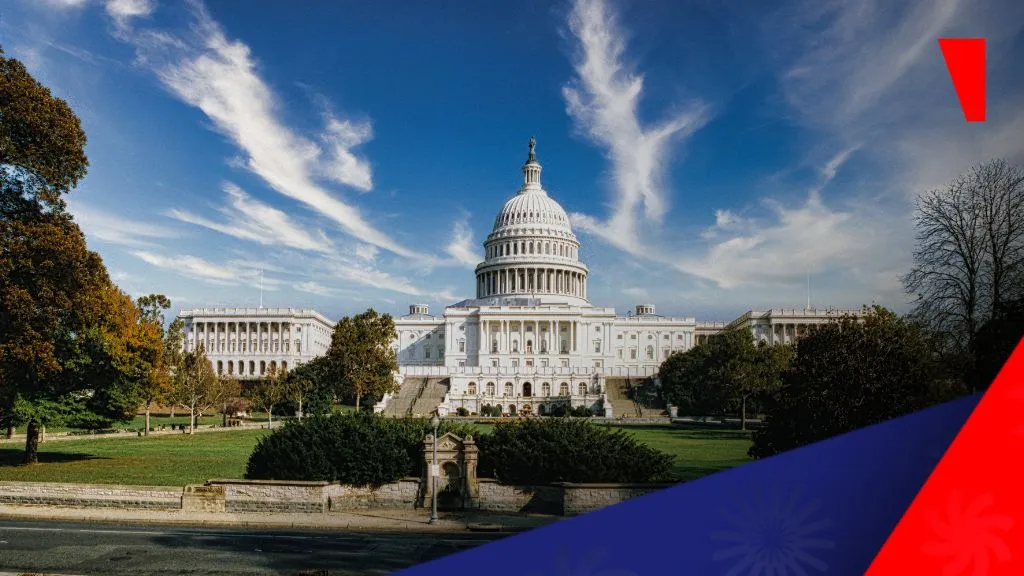Sports betting remains illegal as Minnesota’s 2025 legislative session draws to a close. Lawmakers are still split despite the support of tribes and tracks, which could lead to another unsuccessful attempt at legalization in a rapidly expanding national market.
Minnesota lawmakers are once again at risk of failing to legalize sports gambling, as the 2025 legislative session ends on May 19.
Minnesota’s legislature has been working to legalize sports betting since 2019, following the US Supreme Court’s 2018 decision to invalidate the Professional and Amateur Sports Protection Act, which permitted states to approve sports wagering.
Previous attempts at legislation were thwarted owing to differences over financial interests and control among tribal groups, racetracks, and commercial operators, according to CBS.
READ MORE: The Swedish Gambling Authority Launches Further Oversight for Operators
Despite the backing of all eleven Minnesota tribes, state horse tracks, and charitable gaming operators, a Senate measure failed to pass in February. Two follow-up measures, S.F. 3414 and H.F. 1842, were submitted to keep the legalization movement going.
According to the American Gaming Association, Minnesota is an anomaly among the 40 states and the District of Columbia that lack a legal framework for sports betting, with little time remaining in the session and no solution in sight.
According to Sports Handle, Minnesota’s lack of rules on daily fantasy sports, or DFS, has allowed certain organizations to operate in the grey area. Companies arrange their games using titles like “fantasy sports” or “betting exchanges,” in which customers compete against one another rather than traditional sportsbook platforms.
Greg Kajewski, CEO and co-founder of BettorEdge, a Minnesota-based peer-to-peer DFS software, explained that fantasy applications vary from sportsbooks in that bets are not placed against a bookmaker who profits from losses. He said that fantasy betting is peer-to-peer, meaning you compete against your pals while having fun.
“If I asked you, ‘How many push-ups can you do right now?’ And we put $5-10 on it, which is a totally different form of friendly banter than a real company that is out to make money off of you,” Kajewski explained.
Many DFS applications, like Sleeper, PrizePicks, and Underdog, intentionally limit their gambling possibilities, despite the fact that they are neither licensed or controlled. Sleeper, for example, allows users to make just one choice per bettor and does not accept moneyline bets – betting on a team to win.
Courtesy: https://igamingexpert.com/, https://www.igbnorthamerica.com/, https://gamingamerica.com/news/








